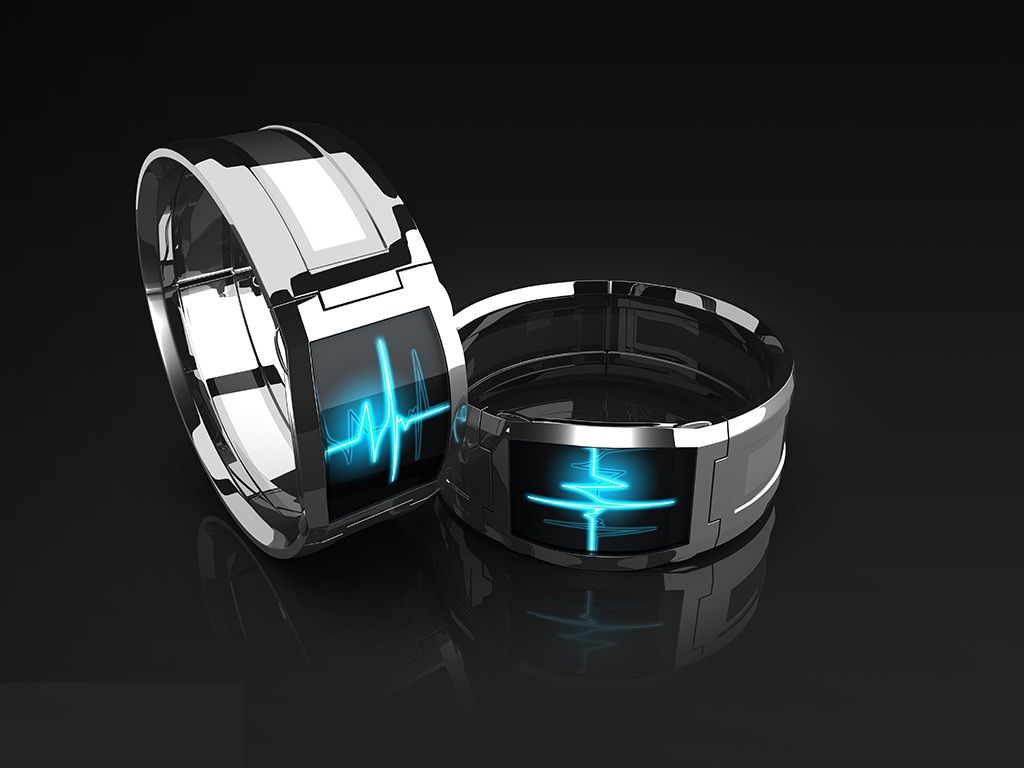CareBand Tracking Bracelet Wins NIH Award, May Detect Agitation in Alzheimer’s, Related Dementias

CareBand’s tracking bracelet, which pairs GPS technology to track movement and activity in real time, has been granted the National Institutes of Health (NIH) Phase 1 Small Business Innovation Research (SBIR) Award to test whether it may help detect and predict agitation in patients with Alzheimer’s disease and related dementias.
Agitation is reported in almost 50% of Alzheimer’s patients, and is often an umbrella term to refer to restlessness, emotional distress, aggressive behaviors, disruptive irritability, and loss of social awareness.
People with agitation are more likely to be given high-risk psychotropic medications and have a higher chance of harming themselves or others, which may result in removal from home or care facilities. A device that can measure agitation could potentially help to reduce stress triggers, enhance care, and decrease costs and caregiver burden.
The CareBand tracking bracelet monitors an individual’s precise location, both indoors and outdoors, as well as movement and activity in real time. It uses low-power technology, meaning it has a long battery life.
The SBIR Program is structured in three phases. In Phase 1, the CareBand system will be used to collect data over six weeks in people with Alzheimer’s and related dementias living at Bethany Village, a long-term care facility in Indianapolis. During this period, staff at the facility will assess agitation daily using a validated scale.
By analyzing the link between motion data collected by the CareBand system and the agitation scale data, researchers will be able to assess the ability of CareBand to recognize and predict agitation.
The objective of Phase 1 is to establish the the merits of the technology, along with its feasibility, and commercial potential. Projects that show signs of success will then move to Phase 2 for further testing and ultimately to Phase 3 to pursue commercialization.
In a press release, the Chicago-based company stated that successful early detection of agitation may accelerate the development of technology to counter behavioral symptoms such as agitation, monitor health changes, and improve clinical decision-making and communication with caregivers.
CareBand is collaborating with researchers Ellen Kaehr, MD, in the Department of Medicine, and Daniel Bateman, MD, in the Department of Psychiatry, at Indiana University School of Medicine. Additional collaborators include Andrea Iaboni, MD, PhD, Shehroz Khan, PhD, and Reza Faieghi, PhD, from KITE-Toronto Rehabilitation Institute in Canada.






